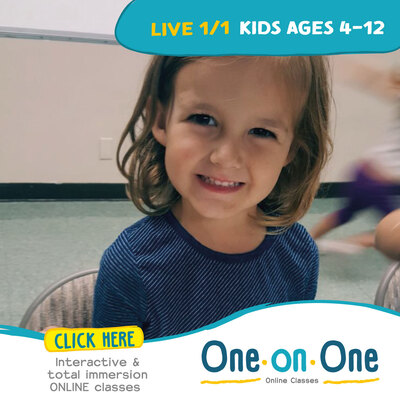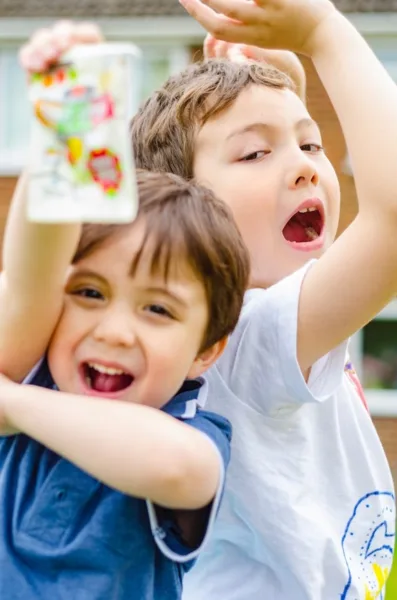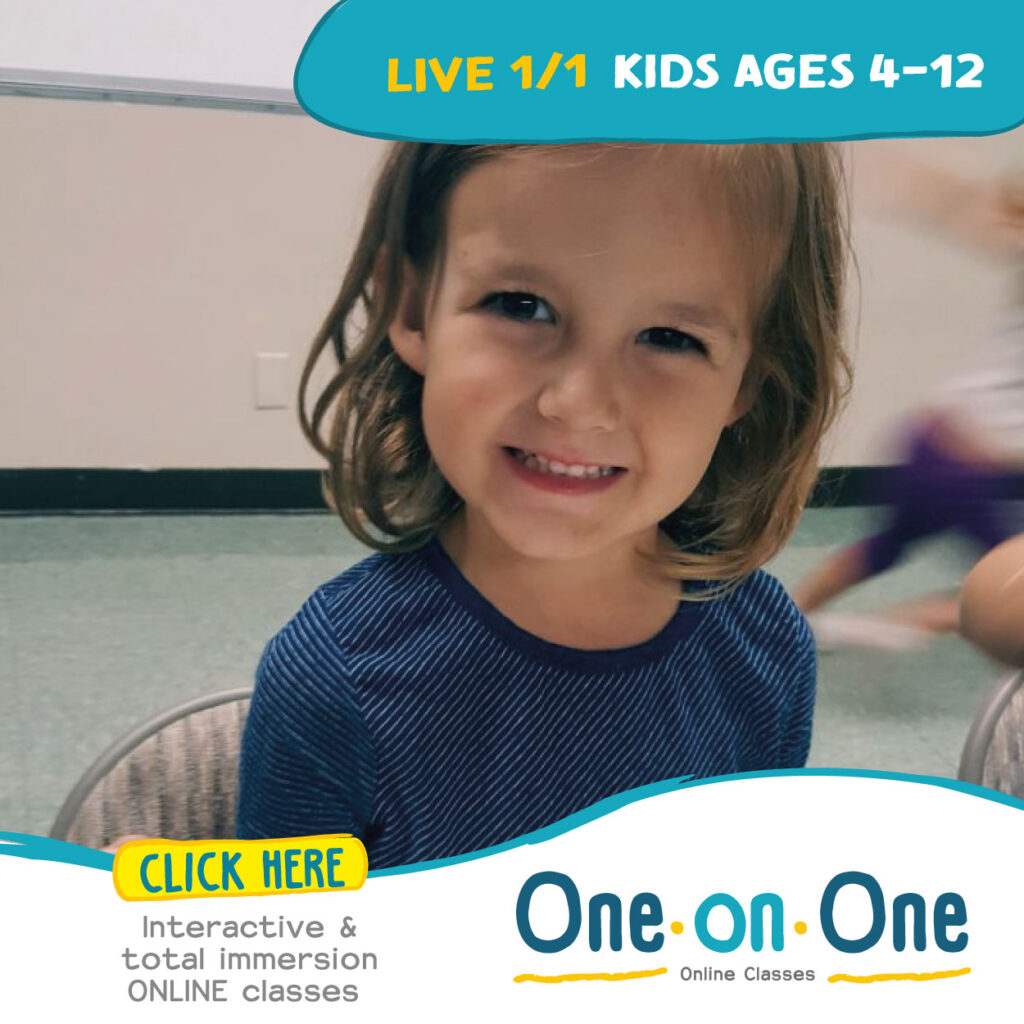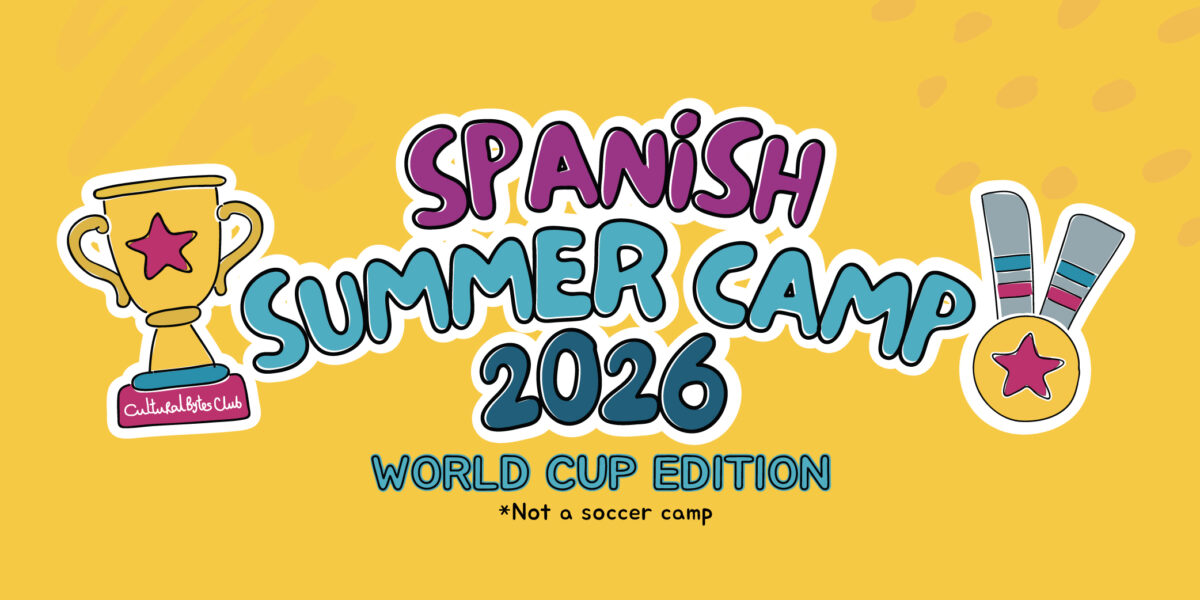Meet author, illustrator, creative director extraordinaire, Amalia Low, and her new book, “Libertad,” which encourages children to explore the themes of freedom and friendship.
Pre-Order “Libertad” HERE (Available in May)
Click below to watch the full interview.
What inspired you to write children’s books?
I had the luck that my parents always read to me since I was a very little child. As soon as I could read it seems I disappeared from the planet because I was always…there was always somebody behind a book and that has been like that to this day.
So first I was a reader and then I love to paint. I’m a very like emotional person and I always needed also since childhood to paint things, like to get it out of my system.
So I do shows all around Colombia. I’ve already started in Switzerland as well, where I combine puppets and narration of my stories projected on a big screen and songs. So it’s like a great way to make children love reading and I enjoy hearing them laugh and singing with them and so forth. So I think I’ve found my life purpose.
How did you connect with Cultural Bytes?
So I was found by Señora Jackie wonderful Señora Jaqui of Cultural Bites, who has a really similar life to mine because she grew up sort of in Colombia, in France, in the States.And so she found me through my Facebook page, which I never look at. She had written to me maybe like five years ago and I’m really bad with my social media. So I, you know, sent them the earth that they liked it.
Then we first initially had thought of four different books. Then we thought maybe it would be nice to have them all languages integrated together so that that would invite children to
“Oh, I like the Chinese. Maybe I can learn Mandarin or I can at least sing a few songs in Mandarin and maybe in French.” And, you know, so make children curious about other languages.
What led you to write “Libertad” and what is the book about?
So “Líertal” is, it translates into freedom. And I wanted to think about people protesting against, in just situations. But I wanted to do it in a way like you took personal responsibility for your freedom. So the book has a fox who lives in freedom in the forest and he meets the dog who’s chained to a, chained beside a cabin outside. The dog is chained and he has his food every day that comes from, the idea comes from a fable by Jean de la Fonpen, which is the wolf and the dog. This fable, the wolf is all skinny and he’s like very sort of envious of the dog because the dog is a little fat because he gets his food every day. But suddenly the wolf sees that the dog is chained. And so he says, “I prefer, you know, like to die of hunger than to be chained.”And so I started sort of on that idea. But in this case I wanted the animals to, the two animals like to, to vibrate in a loving and compassionate way.
So there’s a place in the book that where dog and fox look into each other’s eyes and they see in the eyes the image of the other. So that’s this image, which is to me the most important one. Actually inside of the pupil, you can see the other’s reflection. So that’s what I sort of, in brief, not so brief, but that’s more or less what the book is about.
Why is it important for children to learn more than one language?
Well, it’s very important to, first of all, I think to connect if you have another language in your roots. Like I have Japanese roots, but I was never spoken to in Japanese. So it’s like part of my personality was lost. My grandparents, they also spoke French. I also learned French sort of easily. And I think this was because I had a multicultural house, you know, like hearing something resonating that, that was, that is somewhere in my genetic memory, I think.
And on the other hand, it makes children smarter because you simply have different songs that are moving around in your brain. And children from seven to from zero to seven years old are like language geniuses. They can, they can learn languages without an accent and they can understand the grammar and everything without being having it explained. They can, you know, children have that capability because the brain is full of explosions of neural, neural connections. And then they, the brain has to, you know, to survive here. It has to start cutting it, pruning. So that after seven, the brain starts pruning and will prune out the things that it hasn’t learned. So if you haven’t learned a second language or, or, or even a third one where you know that there are different points of view and different ways to perceive the world, then it’s much more difficult to learn, learn this afterward.
Pre-Order “Libertad” HERE (Available in May)
In the page, you’ll have the audios of the whole book read by either myself or the Chinese teacher of cultural bytes or my daughter who’s native French speaker. And plus the book has certain places where we have songs that you can listen to, very short songs. But the idea is that you can sort of linger on certain pages. For example, this is a page where the wolf, the fox and the dog are by a lake or by a pond. And so there’s a little song with it that goes like this. And you have it in the other language as well.
And so forth. You can hear it in the four languages. So you can purchase the book through the cultural bytes website. You can see the link below. It will be only available online for the moment. And in the link, you will find not only the book, which has the texts. We have the images on one side and we have the texts in Spanish, French, English and Mandarin.
Interested in language learning classes for your child? Check out Online and In Person classes with Cultural Bytes!









